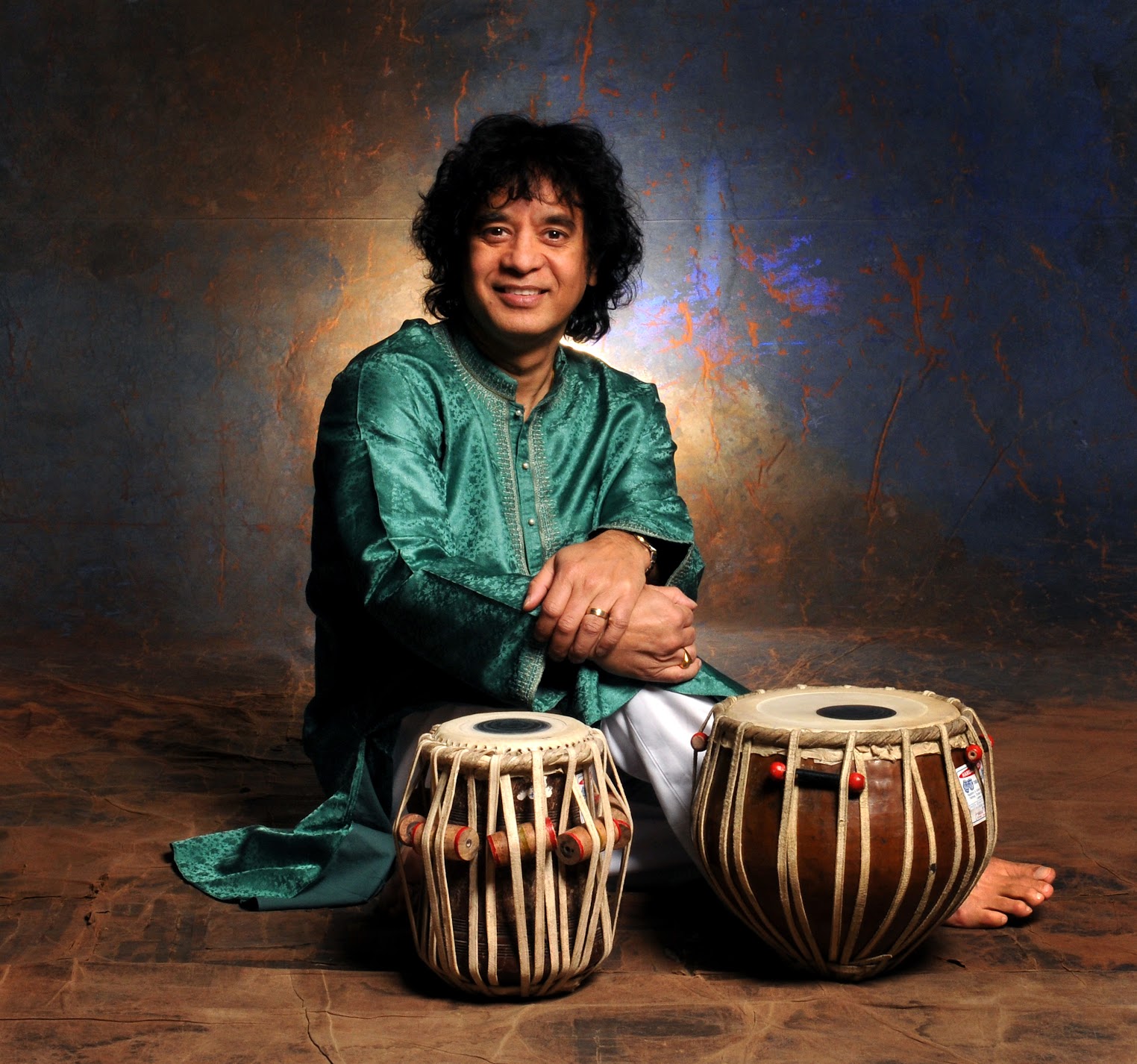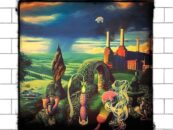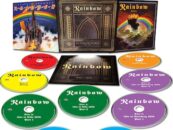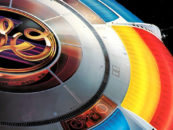Zakir Hussain, Renowned Tabla Musician Who Played With Shankar, Harrison, McLaughlin, and Hart, Dies
by Best Classic Bands Staff
Zakir Hussain (Photo: Jim McGuire; used with permission)
Zakir Hussain, considered one of the world’s greatest tabla musicians of all time, who collaborated with Ravi Shankar as well as such Western musicians as George Harrison, John McLaughlin, Yo-Yo Ma, Charles Lloyd, Béla Fleck, and frequently with Grateful Dead percussionist Mickey Hart, died today (December 15, 2024). His passing, at age 73, from idiopathic pulmonary fibrosis in San Francisco, was announced by his family.
Born in Mumbai, India, on March 9, 1951, and the son of legendary tabla master Ustad Allarakha (Ravi Shankar’s longtime accompanist), Hussain was widely regarded as the greatest tabla player of his generation. A child prodigy, he collaborated with virtually all of India’s iconic performers, including Shankar, Ali Akbar Khan and Shivkumar Sharma. His groundbreaking work with Western musicians brought Indian classical music to an international audience, cementing his status as a global cultural ambassador. Moreover, his work raised his instrument to virtuoso status. He earned four Grammy Awards including three in 2024, becoming the first Indian musician to win as many in one year. He won the first Grammy awarded to Best Contemporary World Music Album in 2009.
Widely considered a chief architect of the contemporary world music movement, Hussain’s contributions were uniquely transformative. His unique mastery of rhythm allowed him to cross borders freely and create authentic connections between different genres of music. He participated in many historic collaborations, including Shakti (which he founded with John McLaughlin and L. Shankar), Remember Shakti, Making Music, the Diga Rhythm Band, Planet Drum and Global Drum Project with Mickey Hart, Tabla Beat Science, and Sangam with Charles Lloyd and Eric Harland. Hussain had performed as recently as November 2024.
In a lengthy tribute, Hart called Hussain “my brother of over 50 years, my closest collaborator, and my dearest friend. Over the years we have shared places reserved only for those whose lives are totally engulfed by drums.”
Hart added, “As the son of the great Ustad Allarakha, my early mentor, Zakir was trained from birth in the classical tradition of North Indian music. His prodigy was fated, his role as a rhythm master had been cast.
As a teenager, Zakir had a dream that determined his future in America. For a time we lived together in Novato, California in a barn at my ranch. His skill at the young age of 19 was breathtaking. We embarked on our shared life journey of over 50 years of collaboration from the Diga Rhythm Band to Planet Drum, from the Thanksgiving dinner table with his wonderful family to Carnegie Hall. His wife, daughters and granddaughter were the lights of his life. Family was everything to Zakir.
“His knowledge of both western and eastern world rhythms was unequaled. He had perfect pitch and total recall for the most complicated rhythmic cycles. His instruments were like the rains, dense sheets of sounds performed like blurs of lightning-fast fingers on small, tuned drums. With the skill of a surgeon, he weaved a rhythmic spell with each finger at the most rapid speeds that can be imaginable. The world will never be the same without him.”
Hussain’s performances and recordings include collaborations with artists as diverse as Harrison (1973’s Living in the Material World), cellist Yo-Yo Ma, saxophonist Joe Henderson, Van Morrison (1979’s Into the Music), percussionist Airto Moreira, saxophonist Pharoah Sanders, drummer Billy Cobham, bassist Edgar Meyer, and Japan’s Kodo drummers. His extraordinary contributions to the music world were honored in 2009 with four widely heralded, sold-out concerts at Carnegie Hall’s Artist Perspective series.
In 2009, Hussain told Best Classic Bands editor Jeff Tamarkin that it was his father who introduced him to Western music, including rock. The elder musician dropped his son off at Grateful Dead drummer Hart’s Northern California ranch with instructions to learn as much as he could about Western drumming. “He [Hussain’s father] put the foundation in,” said Hussain. “My training with him began when I was seven years old. Before that I was learning from his students. By the time I was 18, there was this constant training of traditional forms and traditional ideas and traditional repertoire and the whole thing was drilled into me, strongly enough that when I left that country and came here [to San Francisco] when I was 18, I had my feet firmly planted in a tradition that gave me an identity and I did not get lost in all that came my way when I got here. I was able to interact with the confidence that I know who I am. He knew that he’d done enough to make sure that I would not lose my identity.”
Hussain was a prolific composer, creating concertos, scoring for film and collaborating with dance companies such as Alonzo King’s Lines Ballet and the Mark Morris Dance Group. Over his illustrious career, he earned numerous accolades, including two Grammy Awards with Mickey Hart for Planet Drum, and three more this past March: one with John McLaughlin and the band Shakti, and two for his collaborations with banjoist Béla Fleck, Edgar Meyer and flutist Rakesh Chaurasia.
Hussain’s extraordinary global impact was recognized with the highest honors that can be given in the world of music. His contributions “to the cultural and spiritual betterment of mankind”, were acknowledged in 2022 with his awarding of the Kyoto Prize. In India, he received the Padma Vibhushan, the Padma Bhushan and the Padma Shri. He was also a recipient of the Sangeet Natak Akademi Award, India’s most prestigious honor for performing artists, and later the Sangeet Natak Akademi Fellowship, a lifetime honor awarded to only 40 artists at a time. In the United States, Hussain was awarded the National Heritage Fellowship in 1999 by the National Endowment for the Arts, the nation’s highest lifetime honor for traditional artists. In 2017, he was honored with SFJazz’s Lifetime Achievement Award in recognition of his “unparalleled contribution to the world of music.” In 2022, he was awarded the Aga Khan Award for his “enduring contributions to the musical heritage of humanity, peerless musical mastery and sustained social impact.”
In a statement, his family said, “His prolific work as a teacher, mentor and educator has left an indelible mark on countless musicians. He hoped to inspire the next generation to go further. He leaves behind an unparalleled legacy as a cultural ambassador and one of the greatest musicians of all time.”
Many of his recordings and collaborations are available in the U.S. here and in the U.K. here.







1 Comment so far
Jump into a conversationHe will be sorely missed. Like his friend McLaughlin he combined virtuosity with deep spirituality.